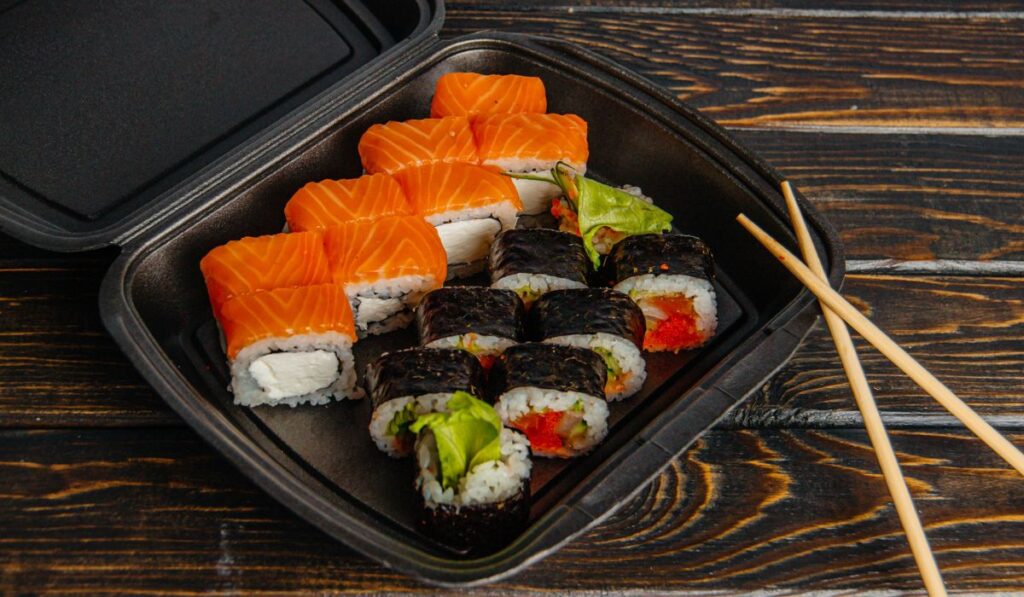Can You Eat Day-Old Sushi?
Sushi is a popular Japanese dish that has gained immense popularity worldwide. It typically consists of vinegared rice combined with various ingredients such as raw or cooked seafood, vegetables, and sometimes tropical fruits. Sushi is often enjoyed fresh, but what about day-old sushi? In this article, we will explore whether it is safe to eat sushi that has been left over from the previous day. We will delve into various factors that can affect the safety and quality of day-old sushi.
1. The Shelf Life of Sushi:

The Shelf Life of Sushi
Sushi is highly perishable due to its raw ingredients and delicate nature. The freshness of the fish used in sushi is crucial for its safety and taste. In general, sushi is best consumed immediately after preparation to enjoy its full flavor and texture. However, it is important to understand that sushi can have a limited shelf life, even when stored properly.
2. Storing Sushi:

Storing Sushi
If you find yourself with leftover sushi, proper storage becomes crucial. Sushi should be refrigerated as soon as possible after it is prepared. Ideally, it should be consumed within 24 hours. To store sushi, place it in an airtight container or wrap it tightly in plastic wrap. Keep it refrigerated at a temperature below 40°F (4°C) to prevent bacterial growth.
3. Safety Concerns:
When considering whether to eat day-old sushi, food safety is a primary concern. Raw fish used in sushi can be a breeding ground for bacteria if not handled and stored correctly. Consuming sushi that has gone bad can lead to foodborne illnesses such as salmonella or listeria. It is essential to trust your senses and observe any signs of spoilage, such as a foul smell or slimy texture.
4. Quality and Taste:
Aside from safety concerns, the quality and taste of day-old sushi can also be compromised. Sushi is known for its delicate balance of flavors and textures. With time, the rice can become dry and lose its stickiness, while the fish may lose its freshness and vibrant taste. The overall eating experience may not be as enjoyable as when the sushi was freshly made.
5. Factors Affecting Shelf Life:
Several factors can influence the shelf life of sushi. The quality of the ingredients, particularly the fish, plays a significant role. Fresh, high-quality fish will last longer than lower-grade options. Additionally, the temperature and humidity of the storage environment are crucial. Proper refrigeration and avoiding exposure to moisture can help extend the shelf life of sushi.
While sushi is best enjoyed fresh, eating day-old sushi can be safe if stored and handled correctly. However, it is important to prioritize food safety and trust your senses when determining whether leftover sushi is still good to eat. Keep in mind that the quality and taste may be compromised after a day. To fully appreciate the flavors and textures of sushi, it is recommended to consume it as soon as it is prepared.